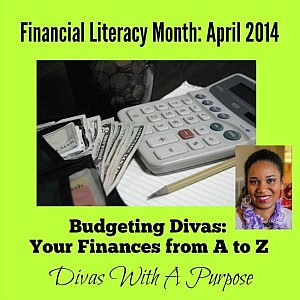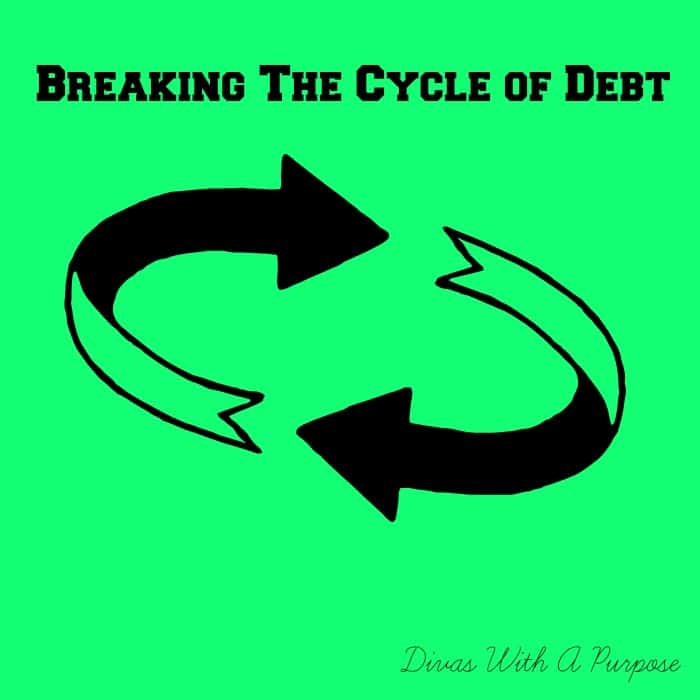5 Things You Need to Know About Debt
 Debt is today’s topic for Financial Literacy Month 2014: Your Finances from A to Z.
Debt is today’s topic for Financial Literacy Month 2014: Your Finances from A to Z.
For the month of April, we will be bringing you daily posts centered on our personal finances – saving, making and managing our money.
These days everyone is looking for ways to reduce debt and save money. It is possible to wipe out your existing debt and learn how to live your life within your means.
Here are five tips that will help you on your way to debt free living:
Stop using credit cards. One of the leading factors in the current economic crisis is people buying things on credit they cannot afford. The next thing they know, they find themselves unable to do anything more than make minimum monthly payments.
- Minimum payments will keep you in debt because every month interest continues to accrue on your original balance. A $1,000 balance on a typical credit card can take 22 years to pay off if you make only the minimum monthly payments!
- Don’t fall into the trap of credit card debt. Instead, avoid the hassle and expense by paying cash for the things you buy. If you want a big-ticket item, save the cash before you make the purchase. Only buy when you can afford to pay for the item in full before you bring it home.
Buy luxury items with cash. We all have extras and luxuries we want, but using credit to get them is a dangerous path to take. You’ll get much greater enjoyment from the extras in your life when you pay cash, rather than ongoing monthly payments.
- Nothing takes the excitement out of a new toy or nice vacation more than the large payments that strain your budget month after month.

Create a realistic budget that includes debt repayment. The first step in gaining control over your debt is creating a workable budget. Rather than stifling you, a budget can bring you freedom! You’ll know where your money goes and you’ll set a spending plan so you can continue buying the most important things in your life.
- Your budget should take into consideration all facets of your lifestyle, including housing, food and household items, utilities, savings, recreation and debt repayment.
- If your budget doesn’t include room for debt repayment, there will never be enough money to pay off your debt. Take control of your financial reality by working with a realistic budget every month. Before long, you’ll see your debt diminishing while your savings grow.
Seek the help of a professional credit counselor, accountant or financial planner. The best way to be sure you’re making sound financial decisions is to seek out the help of a financial professional.
- Credit counselors, financial planners and accountants are experts in the areas of savings, debt repayment, investments and tax deductions. Implement each of these areas into your finances to eliminate financial strain and secure a stable financial future.
Negotiate better rates with the banks or credit card companies. Many people assume they have no choice but to accept the interest and finance rates offered by their banks and credit card companies, but that isn’t always the case!
- Talk to the people at your financial institutions. You may be surprised at how willing they are to budge.
- If your credit is in good shape or you’ve made steady, progressive strides to improve it, you may be able to get lower interest rates on your debts.
- You might also receive higher interest rates on your savings, giving you a double shot at eliminating your debt entirely and moving forward with your finances in a positive direction.
You can repair your debt problems and learn to avoid creating them in the future. These five steps will point you in the right direction and get you started on a new path to financial freedom and prosperity!
